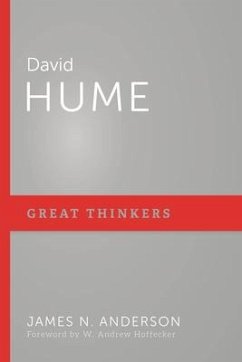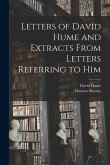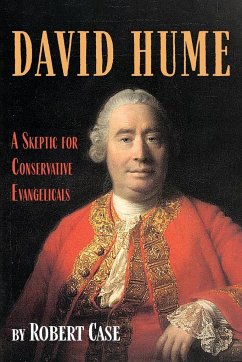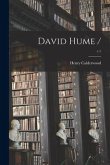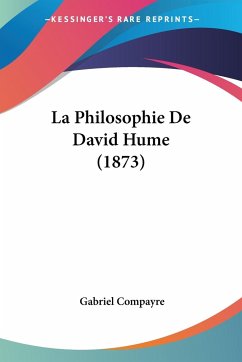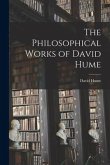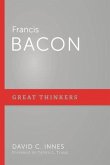Scottish philosopher David Hume has had an enormous influence on Western civilization. He is a prominent early figure among philosophers who seek a naturalistic grounding for moral norms. In science, his so-called "problem of induction" has no widely accepted solution. And his forceful critique of supernaturalism undermined Western confidence in orthodox Christianity. Although he addressed a wide range of topics, Hume's writings represent the outworking of an ambitious philosophical and scientific program to understand the world, especially human thought and action, in entirely naturalistic terms. Anderson summarizes the major points of Hume's thought and offers a critical assessment from a distinctively Reformed perspective. He shows that Hume's arguments, far from refuting the Christian worldview, indirectly support that worldview by exposing the self-defeating implications of naturalism.
Hinweis: Dieser Artikel kann nur an eine deutsche Lieferadresse ausgeliefert werden.
Hinweis: Dieser Artikel kann nur an eine deutsche Lieferadresse ausgeliefert werden.

